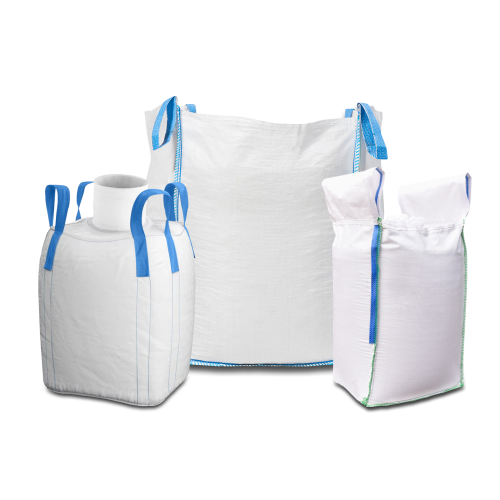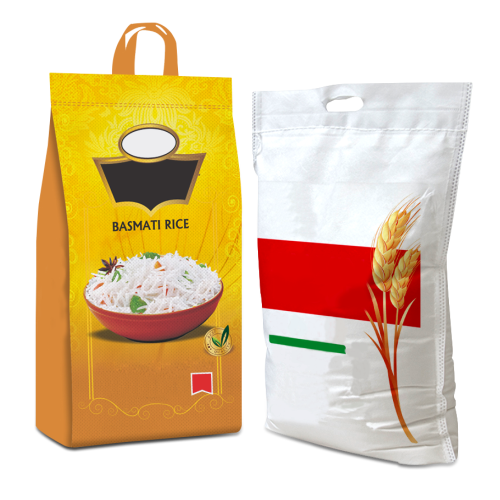At BV Packaging, we can provide any of these bulk bags, Container Liners in smaller quantities or in container loads. Please let us know if we can be of any help.
Please contact Vijay on 413 441 907, Email: vijay@bvpackaging.com.au OR Ash on 0431 432 130, Email: ash@bvpackaging.com.au, for any of your requirements and we will be more than happy to assist.



